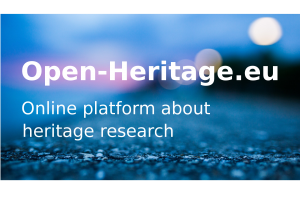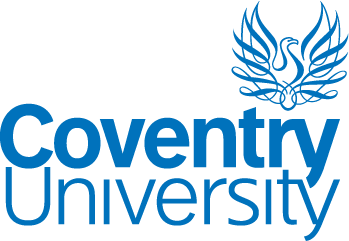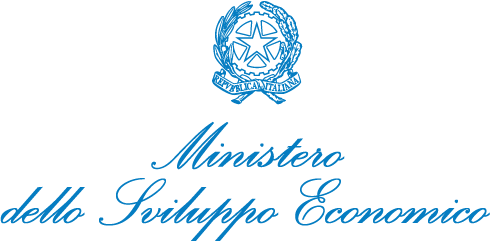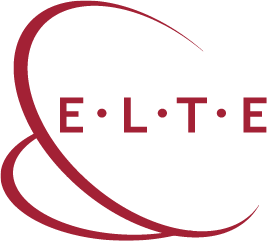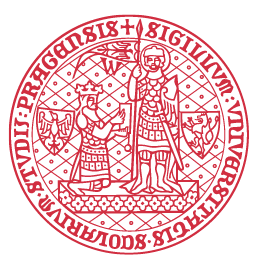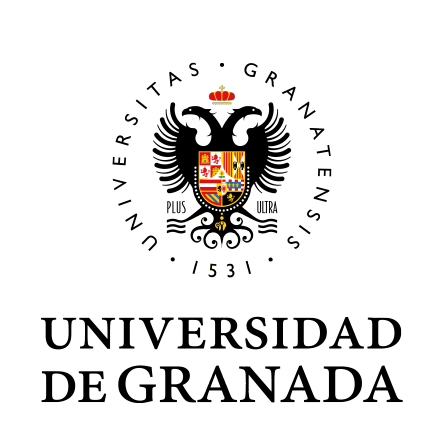
The dissemination and communication work of the REACH social network plays an important role in ensuring its visibility and maximising the impact of the project’s activities. Dissemination is dedicated to share the activities, results and outcomes of the project, while communication is focused on establishing connections and dialogue with the target audiences. Such communication supports the development of a sustainable REACH network, aggregating the widest range of stakeholders to promote interaction and debate.
REACH targets the whole value chain of the culture and cultural heritage sector:
- cultural content owners and memory institutions
- cultural and cultural heritage institutions
- general public and citizen-scientists interested in culture and Cultural Heritage
- culture practitioners and amateurs
- artists and institutions dealing with arts
- cultural and creative industries, bodies and networks
- research organisations, academies and higher educational institutes.
Representatives of these groups are invited to be involved in communication and dissemination activities and to participate in the REACH network.
REACH employs a range of complementary dissemination mechanisms to transmit the project’s messages to its target audiences. They include the following:
Web presence
- the reach-culture.eu website, offers information about the project, its results, dissemination, concertation events and much more
- the open-heritage.eu online Platform provides the Cultural Heritage sector with a tool to share knowledge, experiences and best practices
- REACH has channels on the most widely used social networks
- the REACH blog is hosted by the digitalmeetsculture.net online magazine
- REACH on Innovators in Cultural Heritage
Dissemination material
During the project, a lot of dissemination material is produced: brochures, flyers, factsheet, general presentation, posters, roll-up, papers on scientific journals.
All available material can be found on the Download Area page.
Conferences, workshops and local encounters
- Two international conferences (in Budapest and Pisa)
- Four thematic workshops in Berlin, Coventry, Granada and Prague
- Two policy and networking events in Brussels
- a series of meetings with local stakeholders

